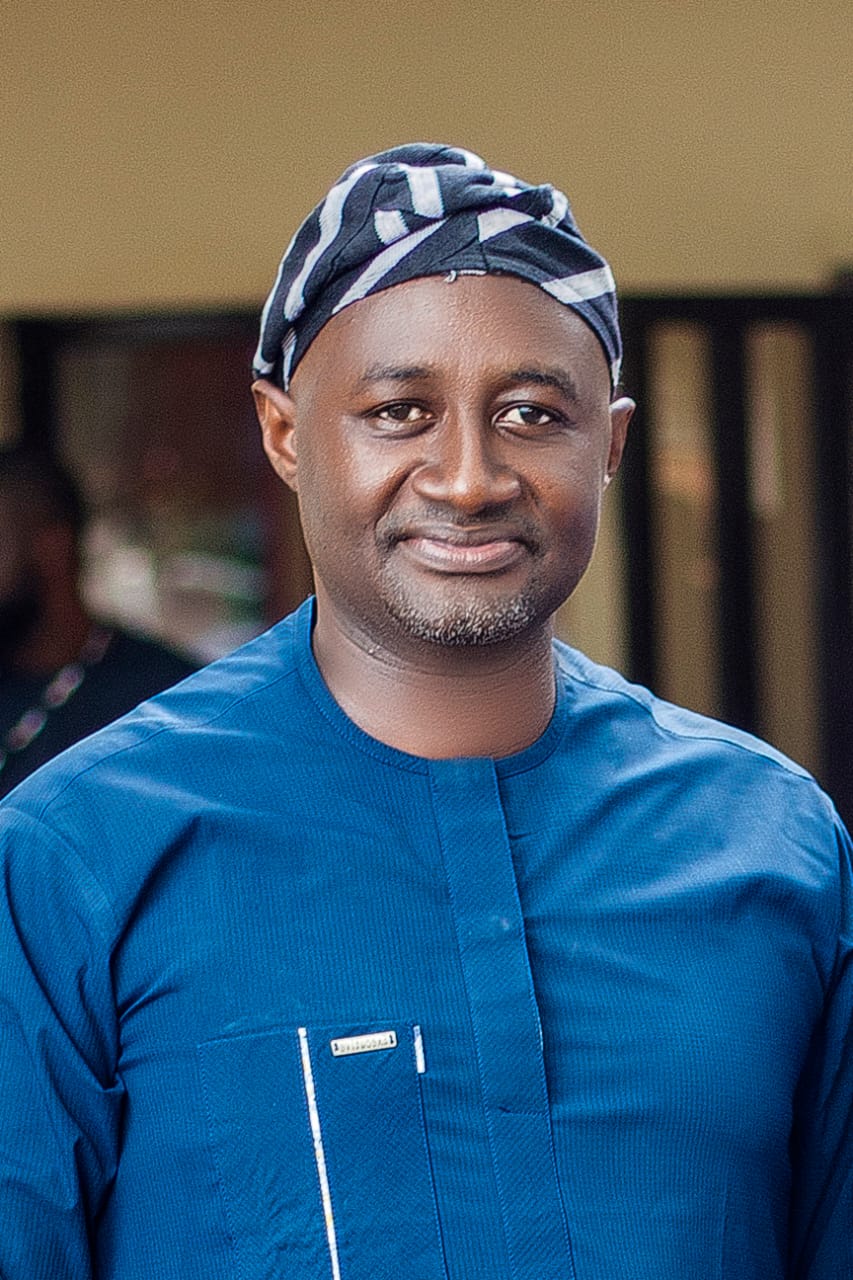
Justice is a Collective Responsibility
The Nigerian public space is a theater of perpetual drama. From the highest echelons of political power to the most intimate family affairs, a continuous reel of cynical and often baffling events unfolds. We live in a nation so richly endowed with natural and human resources, yet so starved of the very thing that binds a society together: good leadership and a collective sense of duty. This disconnect is perhaps most jarringly exposed not in grand political scandals, but in the small, everyday moments of civic failure.
The Ibom Air Incident: A Despicable National Discourse
Recently, the entire nation became engrossed in the Ibom Air incident, a public spat involving a young woman named Comfort Emmason and the flight crew. That this has spiraled into a national debate is, frankly, despicable. Not because the incident itself is insignificant, but because of what it reveals about our priorities and our collective paralysis. The legal and moral complexities of who was right or wrong—whether the passenger or the flight attendants—are not the most critical questions. The most damning indictment of that day’s events lies not with the principal actors, but with the silent audience.
The Anatomy of Silence
The passengers on that aircraft were the primary witnesses. They saw the events unfold from a vantage point that the rest of the nation could only speculate on. Yet, their non-chalant and “I don’t care” attitude speaks a language of its own, a language of resignation and apathy that is all too familiar. This silence is a profound reflection of who we have become as a people. We are conditioned to believe that someone else’s problem is not our own. We have a culture that normalizes standing by as injustice happens, that avoids getting involved for fear of the consequences.
This passivity is the true spectacle. It is the reason why two wrongs often prevail. When the facts are obscured by conflicting accounts and viral videos, the truth becomes a commodity to be purchased by the most persuasive narrative. In that moment, a higher form of justice was needed, one that would have spoken not with an iron fist, but with a simple, collective voice of eyewitnesses. A united testimony from the passengers could have provided clarity, accountability, and a powerful example of civic courage. Instead, their silence created a vacuum that was quickly filled with half-truths, speculation, and nationalistic fervor.
Redefining Justice
Justice is not merely the domain of courts or the purview of a select few in authority. It is a collective responsibility. It is the burden of every citizen to bear witness, to speak up for the truth, and to hold others accountable. The passengers on that Ibom Air flight had a moral obligation to the public discourse, an obligation that superseded their personal desire for a peaceful flight.
The endless drama we face as a nation—in business, in health, in family, and in politics—will continue until we change our internal script. True progress will not come from the arrival of a single good leader, but from the awakening of a million ordinary citizens who refuse to be silent witnesses. When we, as a people, begin to understand that our silence is a form of complicity, and that justice is a burden we all must bear, then perhaps, the curtains on Nigeria’s endless drama will finally begin to close.
Wamuldu Dadwa George (MDS)
Private Consultant: Human Capital Development



